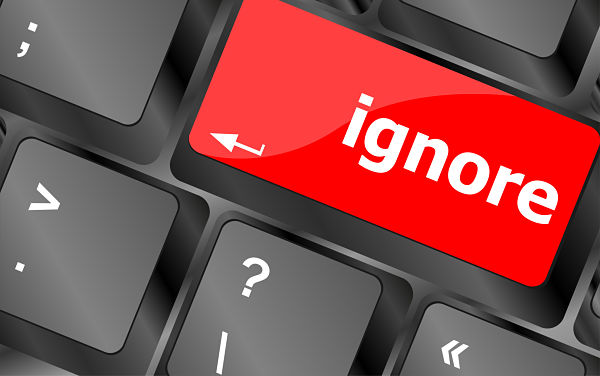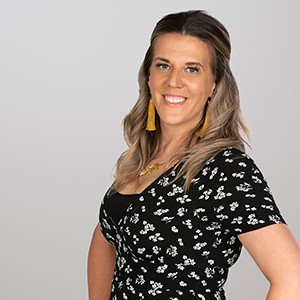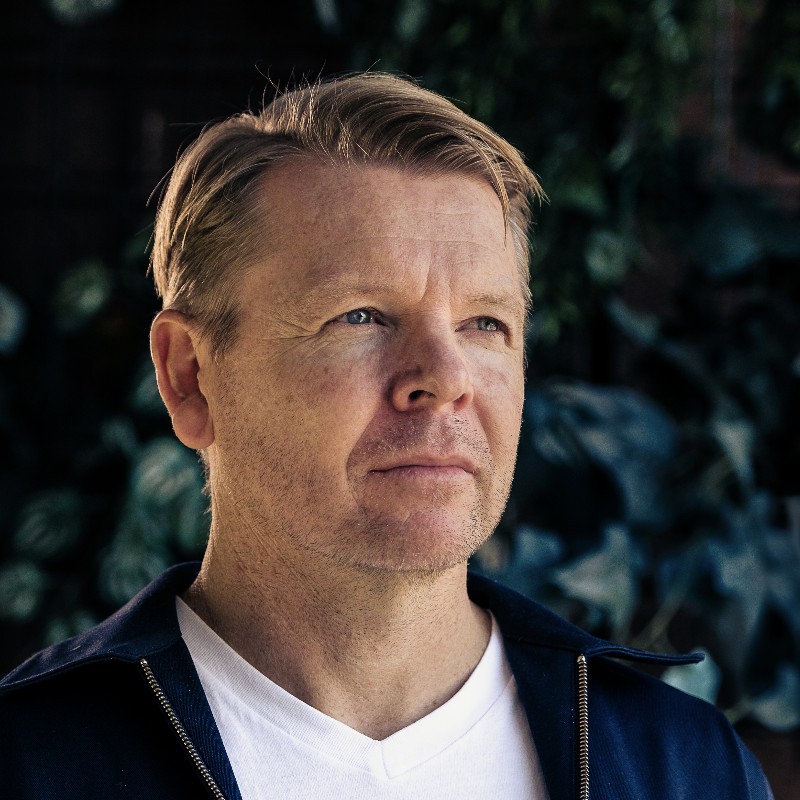The world is a wonderful place with all sorts of amazing new technologies and ways of communicating at our disposal. Everything from Snapchat and Facebook to texting, FaceTime and probably a stack of other things. But here's the thing – don't forget the obvious ones when you're job hunting. Back in 1876 Alexander Graham Bell invented a thing called the telephone. Weirdly enough, they still exist today. Smaller (but getting bigger!) and smarter, yes, but still really, really useful. Not just for sending texts, taking pictures of your food, or playing Candy Crush, but for making actual phone calls. Where you actually talk. To other actual people. Like the people you are applying to for jobs.
Shocking revelation: Telephone calls still work.
I know that may come as a massive shock to many of you, and based on the distinct lack of people who use the phone to follow up on a job application, this may well be ‘breakthrough advice'. But good advice it is.
I recently posted a job opening in a small Facebook group I'm a part of and received 21 email applications. And you know how many phone calls I received? One. Out of 21. Do you know whose name is right at the top of my list now? Nathan's. Yep, he's the guy that bothered to call. Twice!
Don't say you're enthusiastic, prove it.
Now, to be fair, if his portfolio is rubbish, poor Nathan won't be getting the job despite all his enthusiasm.
But enthusiasm and initiative count. You know why? Because anyone can say they're enthusiastic and committed and have initiative. Talk is cheaper than a Happy Meal though. I want you to demonstrate it. And calling? Well, that's demonstrating it. It's walking the walk.
Oh, and for the record, this is another actual application I received for the job: “Hey there, I saw your post on the Facebook group and I wanted to let you know I'm interested in it. Here's a link to my resume <LINK> and in the email signature there's a link to my website.” Laziest. Application. Of all time.
The job applications that make me mad. Really mad.
Seriously, if this is your idea of a decent application, give up now. I know I'm supposed to be all motivational and inspiring and helpful, but if you honestly think this is anywhere even close to good enough, just give up. Either that, or take a good long hard look in the mirror and ask yourself if you're actually serious about getting a job. Better still, ask someone else who has a clue. Because this is rubbish. It's weak. It's lazy. And the message it sends is “I can't really be arsed putting any effort in. Which is probably what I'll be like if by some miracle I was to actually land the job”. Chance of this guy ever working with me? Zip. Zero. Zilch. 0.00%. Ever.
Six steps to a better application.
So next time you apply for a job, follow these simple steps:
- Put some effort into your application. Show you care. Show you're enthusiastic. (This should be obvious and I'm sure plenty of other people have suggested this, but given some of the applications I still receive, it's worth saying again. And again. And again.)
- Make it easy for them to see a bit about who you are and what you've done and are capable of. (i.e. less links, more attachments so they don't have to go fishing for information.)
- Don't be afraid to include a cover letter/email. In fact, please do. It's where we see a bit of your personality shine through. And personality counts. (Unless you're applying for a job as an accountant.)
- Be personal. If the person's name is Sputnik, (which would be unlikely, I suppose, unless you happen to be applying to me), and their email address is Sputnik@, then don't address them as “Hey there”. Or “Spudnik” as one of my applicants did. Yes, I have a stupid name, but I am not a potato. (NOTE: Attention to detail also counts, although this person has been forgiven.)
- Rather than bust out your stock-standard “hey give me a job” email, maybe spend an extra 30 seconds customising. Look at the company's website. Look at the person's LinkedIn page. Make some sort of comment that lets them know you made a little extra effort and that this is not the same generic application you've fired off to a 1,000 other people. (Even though it probably is.)
- Please, please, please, follow up your application. If you're terrified of actually talking on your telephone, or can't get through, at least send a second email. “Hey, just making sure you got my application?” “Just wondering if there's anything else you'd like to see or know?” “Can I wash your car?” Something. Anything. Show you care. Please.
It ‘aint over til it's over.
I once worked with a big wig called Digby. (Actually, that's not true, I've worked with him twice. Once in Australia, and again in SEAsia about 20 years later!) And we were chatting about pitching for new clients and he said “The pitch isn't over until they've awarded the business”. His philosophy was you keep doing things until you win or lose. Until a decision is made, you keep pushing, keep trying to prove you're the best. You don't stop when the pitch meeting is over. The same is true of applying for a job.
Your application isn't finished when you hit ‘send'. If you really want the job, it doesn't finish until you get it – or they give it to someone else.
And in fact, I'd argue it doesn't even finish then. What if that hire doesn't work out for them? If I were you and I really wanted to work there, I'd stay in touch. Wait 2 or 3 months then ask them how their hire worked out and let them know you're still around if any more opportunities come up. With apologies to fat ladies everywhere, it ain't over til the fat lady sings. Apply hard. Follow up enthusiastically. Don't be ordinary. And don't give up.
About Sputnik
Sputnik is an internationally awarded creative and brand consultant at Out of this World where he has worked on projects for some of the world's biggest brands including Disney, Coca Cola, Unilever and The Simpsons. He is the author of ‘The Swashbucklers Guide to Becoming an Astronaut' and the creator of the Job Hunter's Boot Camp.
Latest.

Hiring in Australia: 5 trends redefining our job market
Hiring Insights, Industry Trends, Ask Aquent, Leadership

How to avoid creative burnout and refill your creative tank (before you really need to)
Thought Leadership

AI adoption failing isn’t the tech, it’s the people. How smart businesses overcome this.
Technology, Thought Leadership, Industry Trends




